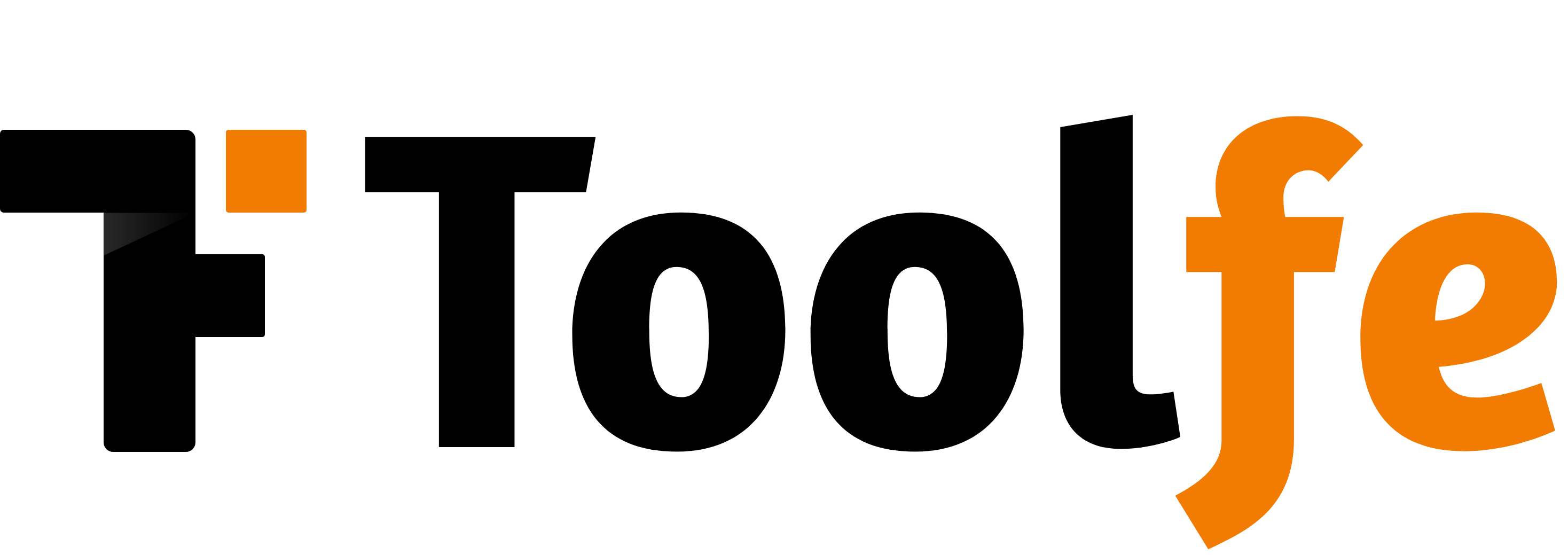Introduction
As a full-stack developer, writing clean and maintainable code is essential for creating scalable and efficient applications. Clean code not only makes your work easier but also ensures that other developers can understand, maintain, and extend your code without much hassle. In this blog post, we’ll explore key principles and practices for writing clean, maintainable, and readable code.

Why Clean Code MattersWhy Clean Code Matters ?
Clean code is the foundation of a healthy codebase. Here are a few reasons why it’s important:
Readability: Makes it easier for others (and future you) to understand the code.
Maintainability: Simplifies the process of fixing bugs and adding new features.
Scalability: Ensures the code can grow without becoming a tangled mess.
Collaboration: Facilitates teamwork by making the code accessible to all team members.
Key Principles of Clean Code
1. Meaningful Naming Conventions
Choose descriptive and unambiguous names for variables, functions, and classes.
javascript
// Bad
function getData() {
// …
}
// Good
function fetchUserData() {
// …
}
2. Keep Functions Small and Focused
Each function should do one thing and do it well. If a function is too long or complex, consider breaking it into smaller functions.
javascript
// Bad
function processUserData(user) {
validateUser(user);
saveToDatabase(user);
sendEmailNotification(user);
}
// Good
function validateUser(user) {
// …
}
function saveToDatabase(user) {
// …
}
function sendEmailNotification(user) {
// …
}
3.Write Self-Documenting Code
Use code that explains itself. Comments should be used sparingly and only to explain why something is done, not what is done.
javascript
// Bad
let d; // elapsed time in days
// Good
let elapsedTimeInDays;
4.Avoid Duplicate Code
Duplicate code can lead to inconsistencies and bugs. DRY (Don’t Repeat Yourself) principle is key.
javascript
// Bad
function calculateDiscount(price) {
return price * 0.1;
}
function applyDiscount(price) {
let discount = price * 0.1;
return price – discount;
}
// Good
function calculateDiscount(price) {
return price * 0.1;
}
function applyDiscount(price) {
let discount = calculateDiscount(price);
return price – discount;
}
Best Practices for Writing Clean Code
1. Consistent Formatting
Consistency in code formatting improves readability. Use a style guide and adhere to it.
2.Use Comments Wisely
Comments should provide additional context and are not a replacement for clear code.
javascript
// Bad
// Increment i by 1
i++;
// Good
// Adjust the index for zero-based arrays
i++;
3.Refactor Regularly
Refactoring is crucial for maintaining clean code. Regularly revisit and improve your codebase.
javascript
// Original Code
function processOrder(order) {
if (order.isValid()) {
// process order
}
}
// Refactored Code
function processValidOrder(order) {
if (!order.isValid()) return;
// process order
}
4.Write Tests
Automated tests help ensure your code works as expected and makes future changes safer and easier.
javascript
// Example Test
test(‘fetchUserData returns expected data’, () => {
const data = fetchUserData();
expect(data).toEqual(expectedData);
});
5.Handle Errors Gracefully
Error handling should be thorough and user-friendly, ensuring the application can recover or fail gracefully.
javascript
// Bad
try {
// …
} catch (e) {
console.error(e);
}
// Good
try {
// …
} catch (e) {
logError(e);
displayFriendlyMessage();
}
Conclusion
Writing clean code is a skill that takes time to develop, but it pays off immensely in the long run. By following the principles and best practices outlined in this post, you’ll create code that is not only functional but also elegant and easy to maintain. Embrace the journey towards writing cleaner code and enjoy the benefits of a more maintainable and scalable codebase.



It’s valuable!